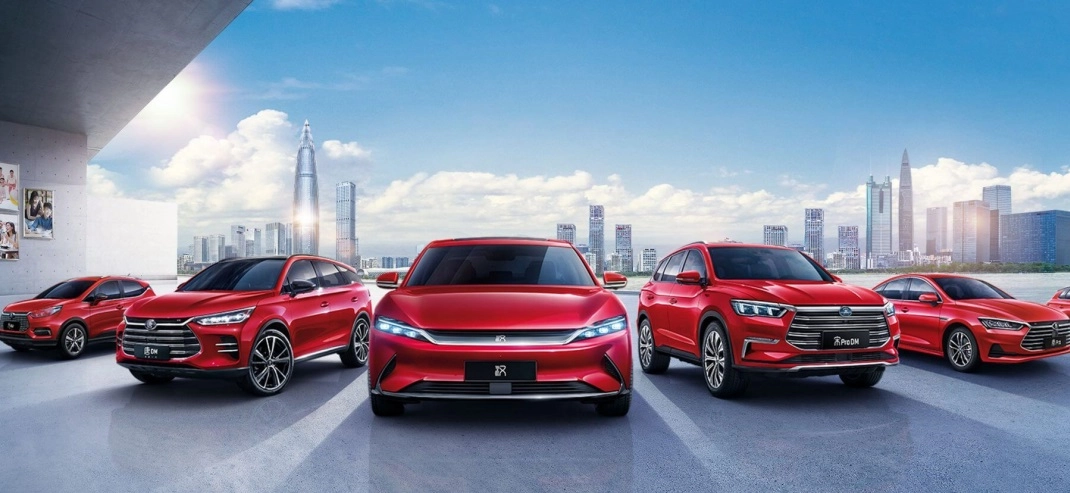In a strategic move that affirms Hungary’s position as China’s gateway to the European Union, BYD Co. has announced plans to construct its inaugural European car manufacturing plant.
The facility, situated in the southern city of Szeged, will focus on producing electric vehicles (EVs) and plug-in hybrids tailored for the European market.
This major investment is seen as a response to Prime Minister Viktor Orban’s persistent efforts to attract Chinese investments to Hungary.
The announcement comes amid heightened scrutiny from Brussels, where a recent investigation into state subsidies to Chinese EV manufacturers has been initiated.
BYD’s decision to establish a production hub in Hungary could potentially shield the company from any import tariffs resulting from the ongoing investigation.
The move by BYD concludes a year of fierce competition among European countries, including Germany and France, vying for coveted investments and job opportunities associated with automobile manufacturing plants.
The establishment of the Hungarian plant introduces a new player into the European electric vehicle landscape, posing a potential challenge to established domestic manufacturers such as Volkswagen, Stellantis, and Renault, who have thus far struggled to compete with Tesla Inc.’s dominance in the EV market.
Analysts from Bernstein view this move by BYD as a “first step towards serious competitive entry” and anticipate a two-to-three-year timeline for its full operationalization.
The plant is expected to have an annual capacity of approximately 200,000 cars, with BYD indicating a phased ramp-up.
Hungary, already a key hub for the EV industry, has witnessed a series of substantial investments in the sector, totaling an estimated €20 billion ($22 billion) over the past five years.
This includes a €7.3 billion battery plant under construction by China’s Contemporary Amperex Technology Co. Ltd. in Debrecen.
The BYD plant adds to Hungary’s significance in the EV sector, hosting production facilities for major German automakers like Mercedes-Benz, VW’s Audi, and BMW.
Prime Minister Viktor Orban, known for steering Hungary towards Eastern partnerships, has been actively fostering ties with Russia, China, and Central Asian countries.
Hungary’s strategic alliances with China have been evident in recent talks between Orban and Chinese leaders, despite concerns from EU and NATO allies.
To support BYD’s venture, Hungary will provide subsidies, the exact amount of which will be disclosed following approval from the European Commission, according to Foreign Minister Peter Szijjarto.
The minister labeled the investment as “one of the biggest in Hungarian economic history.”
Chinese automakers, including BYD, SAIC Motor, and Nio, are expanding into Europe to diversify their markets and reduce dependence on the oversaturated and competitive Chinese market.
While Chinese manufacturers’ market share in Europe remains relatively low, their dominance in plug-in vehicle production positions them as contenders to challenge Japan for global leadership in automotive exports.
However, the European Union’s anti-subsidy investigation into Chinese EVs, initiated in October, raises concerns about potential countervailing actions, such as higher tariffs on imports.
BYD, along with SAIC and Geely, has become a focus of the investigation.
China has criticized the move as a violation of World Trade Organization rules, emphasizing Europe as the largest export market for Chinese EVs, having received over 600,000 vehicles as of November this year.
Source: Bloomberg







